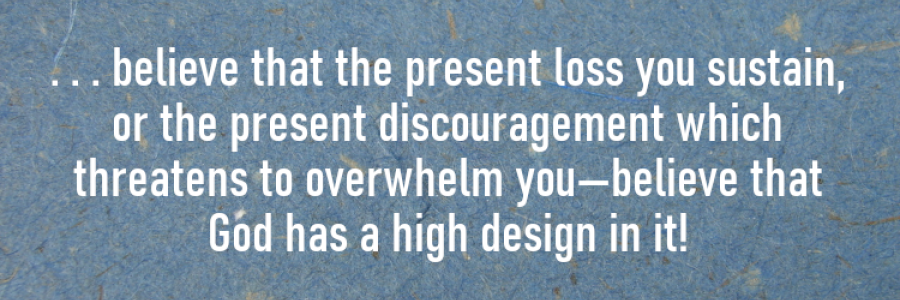Have We Forgotten the Curse?
Cursed is the ground because of you; in pain you shall eat of it all the days of your life; thorns and thistles it shall bring forth for you; and you shall eat the plants of the field. (Genesis 3:17b-18, ESV)
Whether we think about a fatal car accident, a struggle with sexual identity, a major handicap, or a host of natural disasters, this world is filled with hardships, injustices, and burdens.
“Why would a good God allow some particular tragedy to happen?” “Why did God make me this way with these defects?” “Why didn’t God make me that way?”




Discussion